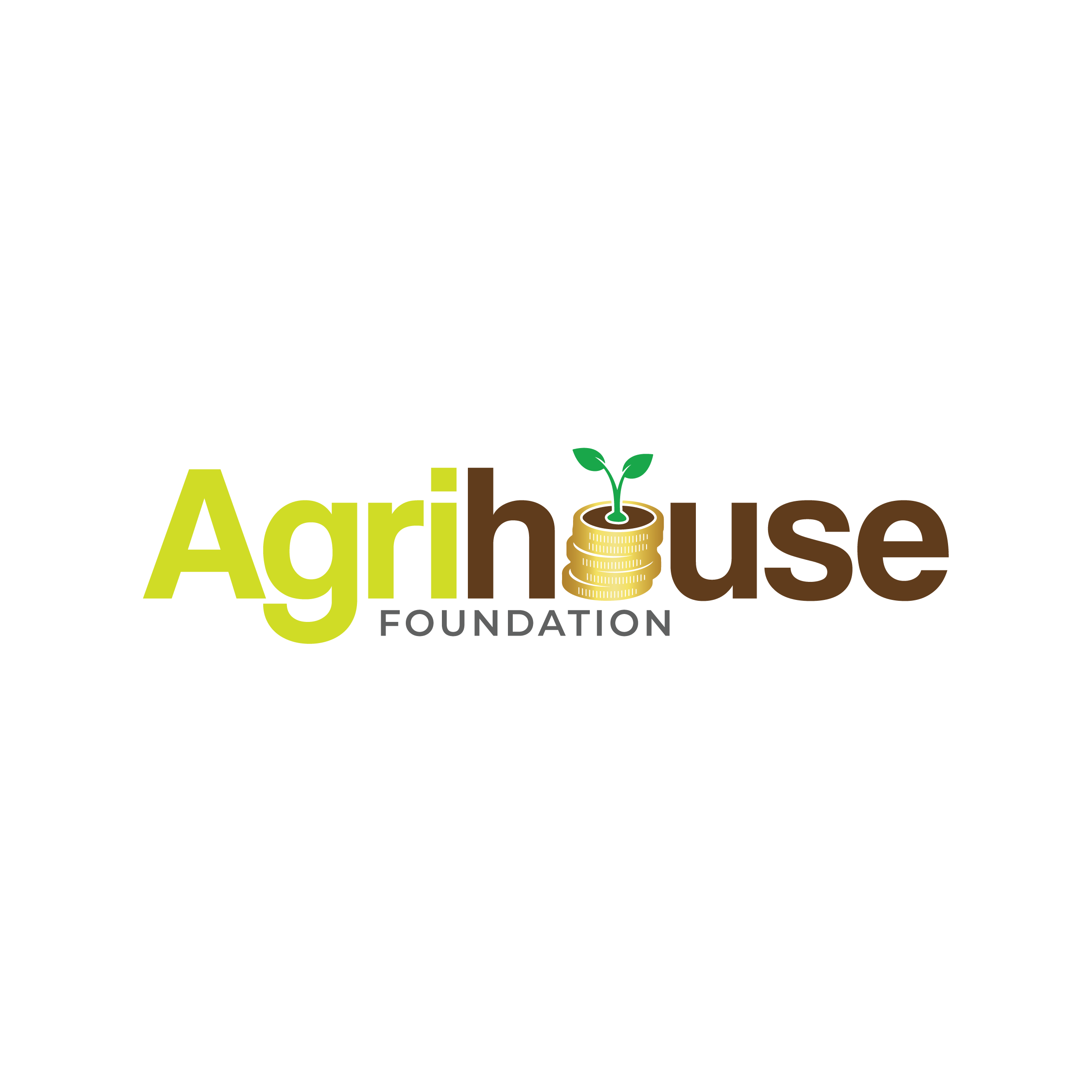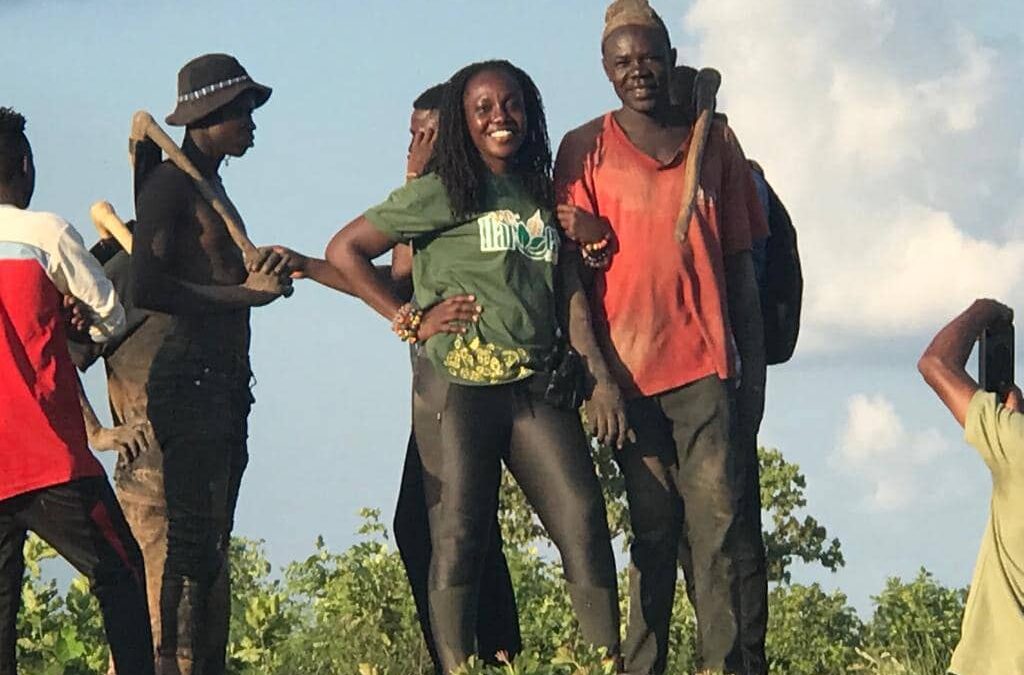Our earlier news story titled “Cassava – Ghana’s Next Gold Mine,” has generated thoughtful conversations, with sound feedbacks, responses and submissions, from industry players, among whom include Cassava farmers, Processors, Academia, Development agencies, investors, researchers, beginner agribusinesses, individuals who desire to explore opportunities within value added cassava, and many others.

With this development, we decided to look at another phase and angle of the news story, by engaging stakeholders, to determine, if they agree with our assertion, that CASSAVA – IS GHANA’S NEXT GOLD MINE! And with the necessary attention and focus for growth, cassava could indeed become Ghana’s next cocoa and gold mine.
Cassava, despite its potential to significantly contribute to the country’s economic growth, often remains overshadowed by traditional agricultural giants like cocoa and gold.
The staple consumed in many Ghanaian households, silently awaits its emergence as an economic powerhouse. Unfortunately, we are all yet to fully wake up to understand and appreciate the economic windfall that this humble crop can bring.
Ghana is unintentionally missing substantial economic benefits and value addition that cassava could offer.
This versatile crop, capable of boosting revenue streams, lacks the serious consideration and prioritization given to other key and few commodities.
Edwin Siaw, a media practitioner in the Eastern shared that, beyond its economic potential, cassava offers a treasure trove of health benefits.
Recognized for its nutritional richness, cassava provides essential vitamins and minerals.
Additionally, it is known for its potential in preventing and treating certain health conditions, making it a valuable ally in the quest for improved well-being.
We also collectively agree, that cassava boasts a wide array of industrial applications, from pharmaceutical uses to the production of starch and biogas.
Cassava proves to be one of the most easiest to cultivate, a versatile crop with far-reaching benefits, playing a pivotal role in various industrial processes.
However, the growth of the cassava industry faces impediments that stifle its full potential.
The absence of enhanced efficiency machinery, equipment, technology and value addition initiatives and innovations, presents a significant hurdle, preventing the industry from flourishing.
There exists a noticeable gap between acknowledging cassava’s potential and taking concrete steps to unlock its benefits.
Then, we ask? –
Is the slow paced-growth of the cassava industry, have anything to do with Knowledge Gap, lack of information on the prospects or our own attitude to research further and apply an intensive hands-on approach, on how we can exploit the full potential?
Have we thought about what the positives and the impact will be, for our nation, if the youth, women, beginner agribusinesses, investors, etc, are able to grip it?
We commend the women, young ones and many number of individuals, and private companies, who are doing so much within the value added cassava space.
Our Governments have equally taken commendable steps to advance cassava production, exemplified by the establishment of notable, but not-so-functional cassava factories like Ayensu Starch Factory in Awutu Bawjiase, in the Central Region.
There is also CH Global Limited, a cassava and yam processing factory operating under the government’s 1-District-1-Factory initiative, located at Addo Nkwanta in the Krachi East District of the Oti Region and Global Almas Processing Ltd, situated in Bimbilla, Northern Region among others .
Despite these significant developments, it is imperative to acknowledge that there remains substantial work ahead in fully realizing the potential of cassava production in the country.
In a bid to advocate and champion cassava’s cause and draw attention to its untapped potential, Agrihouse Foundation has embarked on an initiatives to bring cassava to the forefront of the agricultural agenda. Holding the franchise for the International Cassava Fair in Brazil, Agrihouse foundation ,orchestrated a delegation visit to Brazil, exposing delegates to global advancements in cassava cultivation, varieties, value chain addition, machinery, and equipment, among other applications.
In our conversation with key figures in the cassava industry, Mr. Daniel Okyere, a farmer and owner of East Midland Farms in Begoro, echoed sentiments, emphasizing that cassava is a crop with immense economic potential, yet Ghana is not fully capitalizing on it.
He pointed out the hurdles faced by farmers who rely on manual tools like cutlasses, highlighting challenges in acquiring more land due to the current land tenure system in Ghana. Mr. Okyere lamented the reluctance of banks to provide loans, stating that the government’s support has primarily come through extension officers.
Expressing the need for significant policy changes, Mr. Okyere urged the government to implement measures supporting cassava farmers, including policies for acquiring machinery and facilitating access to loans for production. He proposed that the government should follow a model similar to the support given to cocoa farmers, suggesting the purchase of locally processed cassava products, such as gari, for schools.
Madam Abigail Ghama, a farmer celebrated for winning the Best Extension Volunteer award in 2013 at the Farmer’s Day in New Juaben North and later receiving the She Innovates Award from Agrihouse Foundation in the Eastern Region in July 2023 at Agrihouse Foundation’s Gold in the Soil Awards, highlighted the challenges faced by cassava farmers. She emphasized the difficulty of using traditional tools like cutlasses and hoes due to the lack of modern machinery for planting.
Madam Abigail Ghama urged the government to consider establishing a funding source specifically for acquiring machinery in cassava production. According to her, this would greatly enhance efficiency and productivity in cassava farming.
Adding her voice, Ivy Edith Opare Yeboah, the Managing Director of Lexvee Agro Processing Ltd situated in the Fanteakwa South District, who specializes in gari processing. Highlighting the significance of cassava, she notes that it constitutes approximately 80 percent of the food consumed in Ghana. Despite its vital role, Ms. Opare Yeboah encounters challenges in accessing raw materials and strongly urges the government to establish robust market linkages with the cassava sector.
In her perspective, the cassava sector holds immense untapped potential, yet both the government and Ghanaians are not fully capitalizing on its benefits. Ms. Opare Yeboah emphasizes that, with proper support and strategic initiatives, the cassava sector can significantly contribute to the country’s food security and economic development. Unfortunately, she points out that the sector currently lacks the much-needed support from the government.
Ms. Opare Yeboah suggests that allocating a dedicated sector to cassava would not only streamline access to raw materials but also provide a platform for comprehensive support and investment.
CALL TO ACTION: Alberta Nana Akyaa Akosa, the Executive Director of Agrihouse Foundation, is resolutely dedicated to learn more, explore further and use that, to contribute to instigating change.
Driven by a vision infused with passion and an unwavering belief in the transformative capabilities of cassava, she underscores the vital necessity for collaborative endeavors.
Ms. Akosa urges the government, private sector, and agricultural stakeholders to unite in implementing sustainable policies and initiatives. Her vision extends towards a future where cassava not only thrives as a pivotal economic contributor in Ghana but also uplifts the nation’s agricultural panorama to unprecedented levels of prosperity.
“I aspire to witness a future where cassava not only emerges as a crucial economic force in Ghana but also stands as a beacon of prosperity for farmers; our women, youth, etc
I also aspire to witness a time, where we have all the needed innovations, technology, appropriate and affordable machinery, equipment, input that would build speed and efficiency.
I also desire to witness a period, where the knowledge gap, will be bridged and our young women farmers, mothers, youth, beginners, family farmers, can appreciate, understand, and learn more about how they can grow their cassava enterprises, through value addition.
My utmost desire is for the industry to get to a stage, where all equipment, input, logistics, etc, will not only be for the privy of a “select connected group”, but will be accessible and affordable for all.
That is the only time, when we can gladly beat our chest. A time when we are fulfilled of making impact for the ultimate growth of a happy and content nation.
Through strategic knowledge acquisition, research and investments in modern machinery, promotion of value addition initiatives, and mind-set shaping, can unlock the full potential of cassava.
We shall continue to persist in passionately advocating for the recognition and prioritization of cassava, envisioning it as a cornerstone in the country’s pursuit of agricultural excellence and economic prosperity.
With all the growing interest and conversations around cassava, after our earlier news story, I personally remain steadfast, to commit to further learnings of all the potentials other crops possess – ONE AT A TIME!, after we fully absorb Cassava.
This way, we can continue sharing through this medium, all of the many potentials and opportunities that we can tap into, to build a career path in Agribusiness, generate additional revenue, attract investor drive, stakeholder interest and Government’s attention
The cause and the purpose, is to advocate and champion growth of value chain actors, growth of the sector as a whole, that will transform lives, make us better people, and bring a high level of security and satisfaction, to us, as a people!
I remain yours in the development of Agriculture!
Alberta Nana Akyaa Akosa

